A 70-year-old woman from Middlesex County has become the first person in Massachusetts to test positive for West Nile virus this year, according to the Massachusetts Department of Public Health (DPH). The announcement, made on Tuesday, marks the beginning of what could be a critical mosquito-borne illness season across the state.
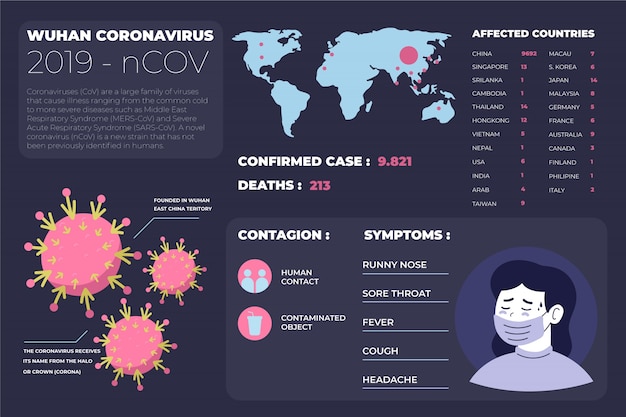
West Nile virus activity often begins with isolated cases and can spread during peak mosquito season.
The confirmed case involves a woman in her 70s who resides in Middlesex County, one of the most populous regions in Massachusetts. While health officials have not disclosed further personal details, they emphasized that this case serves as an early warning sign for residents across the state.
This development follows the earlier detection of the first West Nile virus-positive mosquito sample of the season. Routine surveillance by local and state health departments identified the virus in mosquito populations before human exposure occurred—a standard part of the state’s early warning system.
West Nile virus (WNV) is a mosquito-borne illness that is most commonly transmitted through the bite of an infected Culex species mosquito. These mosquitoes become carriers after feeding on infected birds, particularly crows, robins, and other common urban birds.
While most people infected with West Nile virus experience no symptoms, about 20% develop a fever, headache, body aches, joint pain, vomiting, or rash. These symptoms typically resolve on their own within a few days to weeks.

Most West Nile virus infections are mild, but some can lead to serious neurological complications.
However, approximately 1 in 150 people develop a severe form of the illness that affects the central nervous system. This can lead to encephalitis (inflammation of the brain) or meningitis (inflammation of the membranes around the brain and spinal cord). Severe symptoms include high fever, neck stiffness, disorientation, coma, tremors, seizures, and paralysis. Older adults and individuals with weakened immune systems are at the highest risk.
The Massachusetts DPH conducts year-round surveillance for mosquito-borne diseases. This includes trapping and testing mosquitoes, monitoring bird deaths, and tracking human cases. The detection of the first positive mosquito sample earlier in the season prompted increased monitoring, which ultimately led to the timely identification of this human case.
Alongside the West Nile virus case, officials also reported the first animal case of Eastern equine encephalitis (EEE) this year. While EEE is rarer, it is more severe and has a higher fatality rate. The dual findings underscore the importance of vigilance as both viruses circulate in overlapping mosquito populations.
The DPH is urging residents to take precautions to avoid mosquito bites, especially during peak mosquito hours—dusk and dawn. Simple, effective measures can significantly reduce the risk of infection.
The confirmation of the first human case does not necessarily mean a widespread outbreak is imminent. However, it does signal that the virus is active in the environment. Public health officials will continue to monitor mosquito pools, conduct aerial spraying in high-risk areas if necessary, and issue community alerts when risk levels increase.
Local boards of health may also implement targeted mosquito control efforts, including larviciding in wetlands and public education campaigns.
As summer transitions into fall, mosquito activity may persist, especially during warm, humid conditions. Residents are encouraged to stay informed by checking the Massachusetts DPH website for updates on virus activity, risk levels by town, and any advisories for outdoor events.
While this first case is concerning, especially for vulnerable populations, the situation is being closely managed. Public awareness and individual action remain the most effective tools in preventing the spread of mosquito-borne diseases.
By taking simple preventive steps and staying alert to public health guidance, Massachusetts residents can enjoy the outdoors safely while minimizing their risk of West Nile virus and other mosquito-borne illnesses.

Health

Health

Health

Health
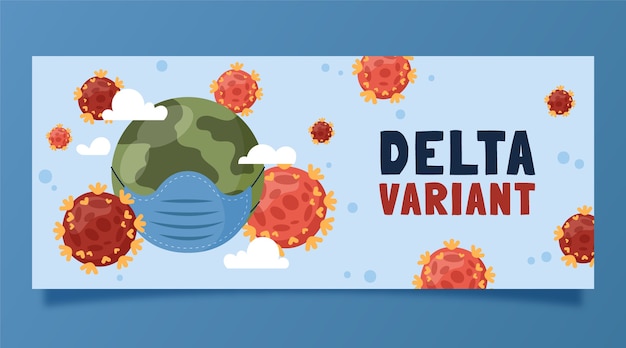
Health
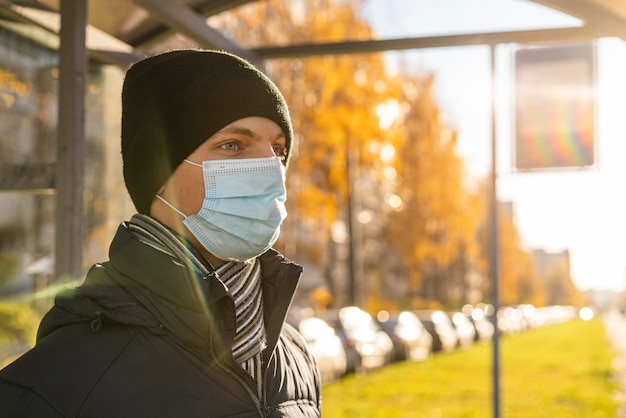
Health

Health
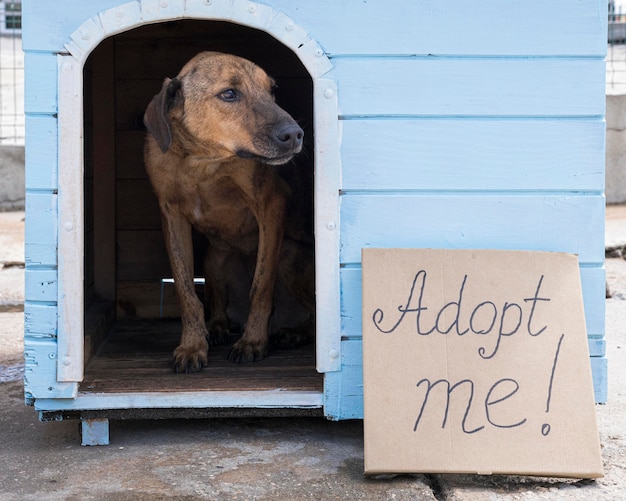
Health
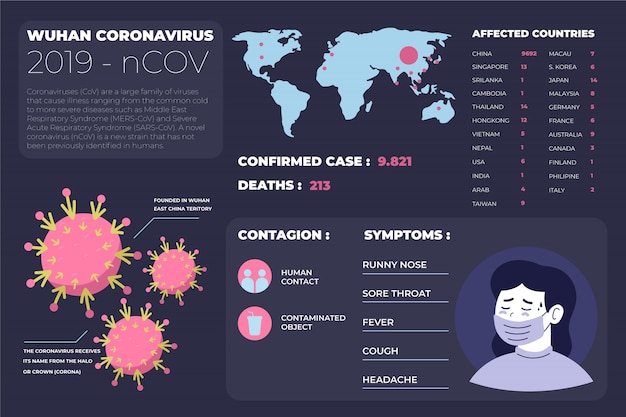
Health
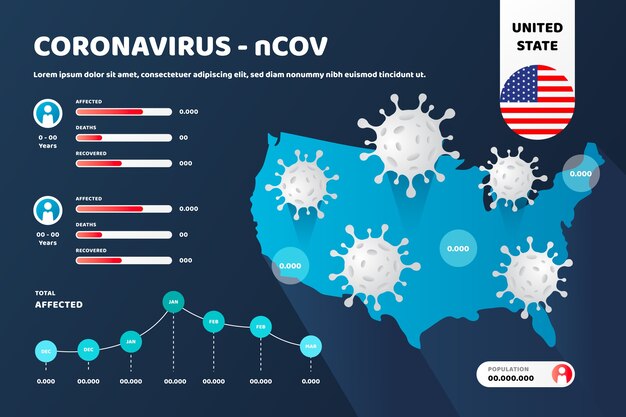
Health
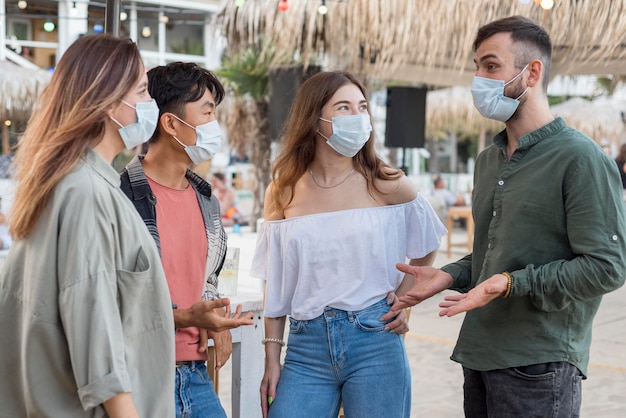
Health
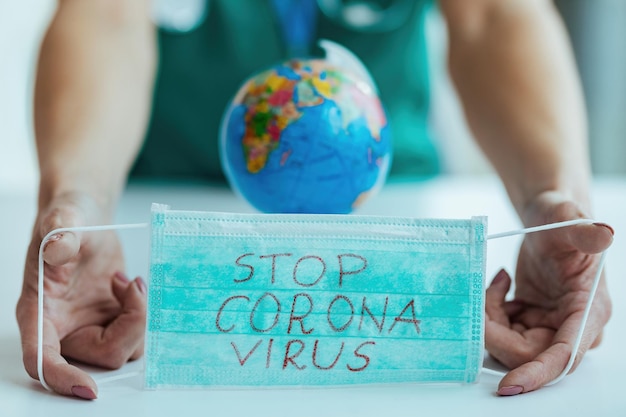
Health

Health

Fitness

Health

Health